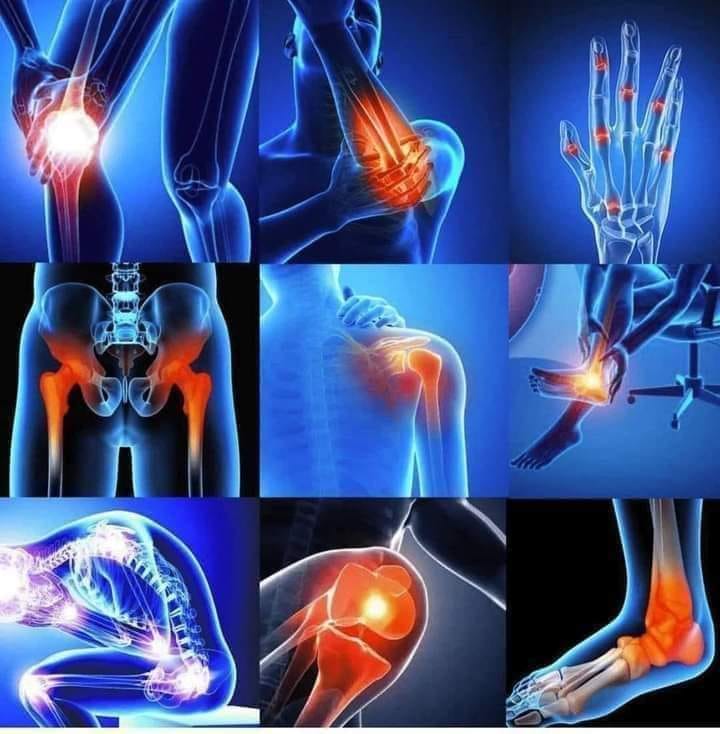Omega-3 fatty acids have potent anti-inflammatory properties that protect bone and joint health. They help reduce inflammation around the joints, supporting elasticity and flexibility.
Omega-3 Rich Foods
- Fatty Fish: Salmon, mackerel, and sardines are top sources of omega-3s.
- Chia Seeds and Flaxseeds: For plant-based options, these seeds are rich in ALA, a type of omega-3 fatty acid.
- Walnuts: Another plant-based source, walnuts also provide healthy fats and other nutrients that support bone and joint health.
How Omega-3s Support Flexibility: Omega-3s reduce inflammation in the joints, which can improve flexibility and prevent stiffness in both bones and joints.
6. Bone-Strengthening Herbs and Natural Remedies
Several herbs contain nutrients that support bone health. Incorporating these into your diet or as supplements can further enhance your bone strength and elasticity.
Bay Leaves
Bay leaves contain anti-inflammatory and antioxidant properties that support joint and bone health. You can add bay leaves to soups, stews, or teas.
Horsetail
Horsetail is rich in silica, a mineral that helps strengthen bones and improve elasticity. You can find horsetail in teas or herbal supplements.
Nettle
Nettle is high in calcium, magnesium, and silica, making it an excellent herbal support for bone density. Nettle tea is a simple and effective way to consume this herb.
7. Weight-Bearing Exercise for Bone Strength
Beyond diet, regular weight-bearing exercises are essential for maintaining strong bones. Activities such as walking, jogging, weight lifting, and resistance training help stimulate bone growth and improve bone density.
- Yoga and Pilates: These exercises also improve flexibility, which can help bones and joints absorb impact more effectively, reducing the risk of fractures.
- Strength Training: Lifting weights or using resistance bands creates tension on your bones, encouraging them to grow stronger.
How Exercise Strengthens Bones: Weight-bearing and resistance exercises cause bones to remodel, making them denser and more resilient to injury.
Conclusion
Strengthening bones and maintaining their elasticity is crucial for healthy aging and overall mobility. Incorporating calcium and vitamin D-rich foods, along with collagen, magnesium, and omega-3 fatty acids, provides your body with the nutrients needed for strong, flexible bones. Additionally, herbal remedies like bay leaves and horsetail, combined with regular weight-bearing exercises, can significantly improve your bone health.
By adopting these dietary and lifestyle changes, you can ensure that your bones stay strong, flexible, and resilient well into your later years.
This detailed guide encourages visitors to stay engaged by offering practical advice on strengthening bones through a natural, holistic approach, supporting their long-term health goals.
